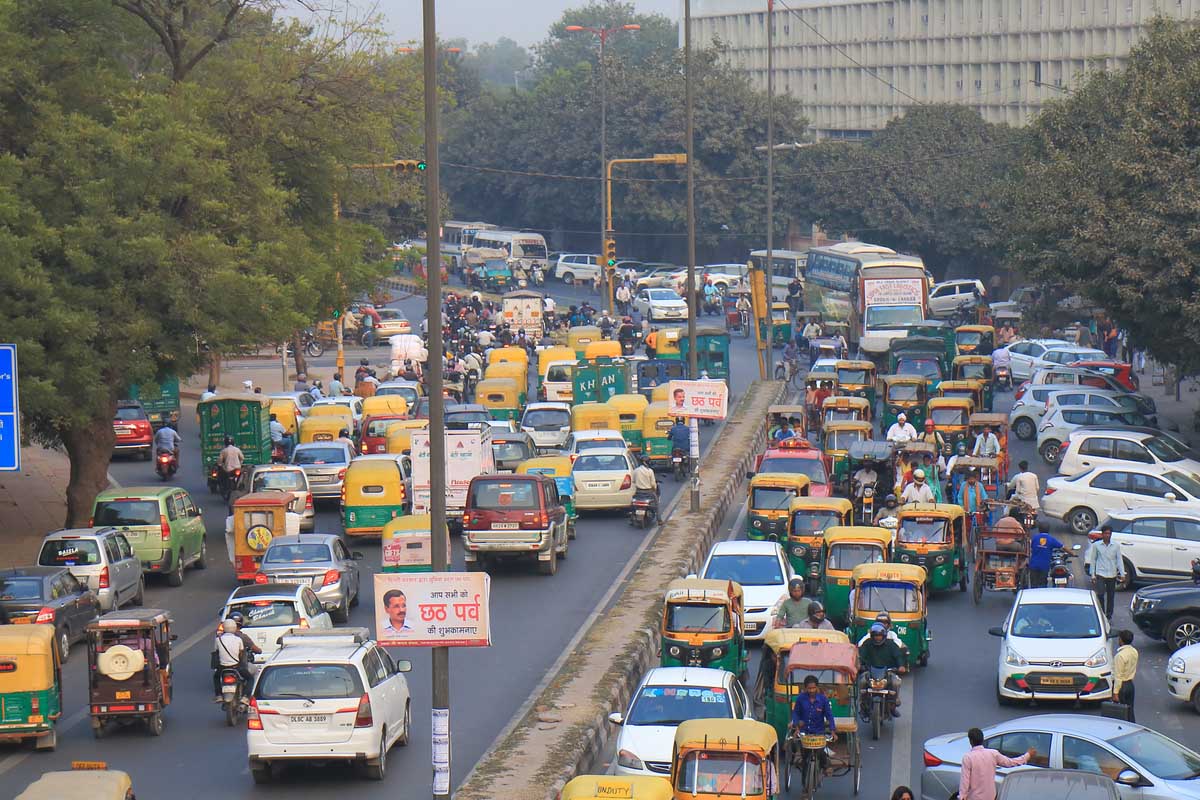Drunk riders fall off flyover in Delhi
A tragic accident occurred on Geeta Colony flyover, resulting in one fatality and another person sustaining serious injuries, police said on Sunday.
The Court noted that the cars that are banned under the odd-even scheme are typically not those causing high levels of pollution.

(Representational Image: iStock)
The Supreme Court of India has described odd-even as a ‘half baked’ scheme that won’t be a prudent solution to Delhi’s pollution problem. The Court noted that the cars that are banned under the odd-even scheme are typically not those causing high levels of pollution. Moreover, people owning two cars can circumvent the scheme by having both odd and even numbered registrations. The Court offered the view that “car planning” would be a more effective solution than the odd-even scheme.
“Car planning” has been followed in a few Chinese cities where the number of cars a resident can own is capped along with fixing the city’s quota of cars. The Supreme Court has also asked the government to consider introducing hydrogen-based fuel to help tackle Delhi’s pollution. Another pertinent solution offered by the Supreme Court is to install smog towers covering an area of ten kilometres’ radius. These smog towers would be equipped with massive air purifiers.
Advertisement
In an academic study conducted by the peer-reviewed science journal Current Science, it was concluded that the odd-even scheme imposed in the winter of 2016 (1-15 January 2016) failed to curb any pollution. In fact it led to a spike in vehicular pollution. Some people bought second cars with alternate numbers, and personal taxis were exempted. Because of its arbitrariness, the rule may violate the fundamental right to equality enshrined by the Constitution of India. It may also violate the fundamental right to liberty under Article 21 because it denies Indian citizens their liberty to own and drive their personal car.
Advertisement
Many people rely on personal cars for their daily work. The odd-even rule handicaps not only them but also residents of nearby states like UP, Haryana and Rajasthan who either work in Delhi or seek healthcare or other services there.To reduce Delhi’s air pollution, the Government needs to come up with a law deterring and punishing the burning of crop residue in neighbouring states. Crop burning has been targeted by the Supreme Court and journalists as a major cause of air pollution in Delhi.
Farmers can be financially incentivized to not burn their crop residues. The Government should also come up with policies for installing smog towers and a “car planning” scheme. Additionally, policy makers can ban trucks from using Delhi as a transit route, create toll roads, mandate highoccupancy vehicles on Delhi’s major roads, impose a blanket ban on fire crackers, promote vehicles using clean fuels, and create an efficient and affordable public transportation system. Commercial vehicles plying across Delhi can be levied an additional charge as per the polluter pays principle for the damage done by them to the environment. An additional charge can be levied to improve Delhi’s public transportation system.
(The writers are, respectively, a professor and a student of Law at the O P Jindal Global University, Sonepat)
Advertisement